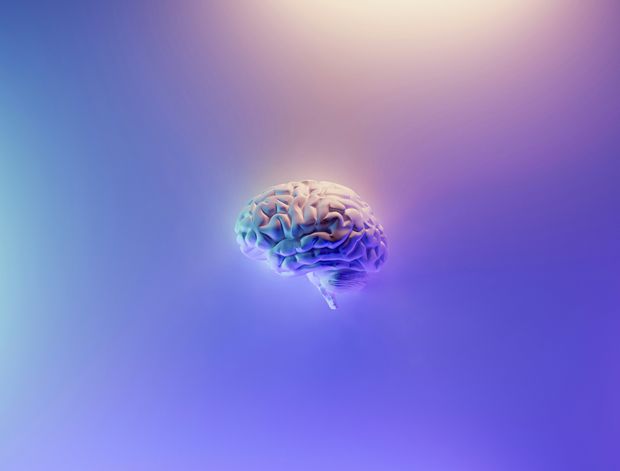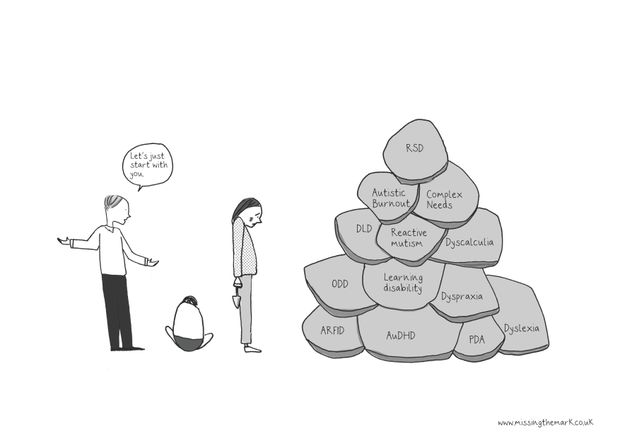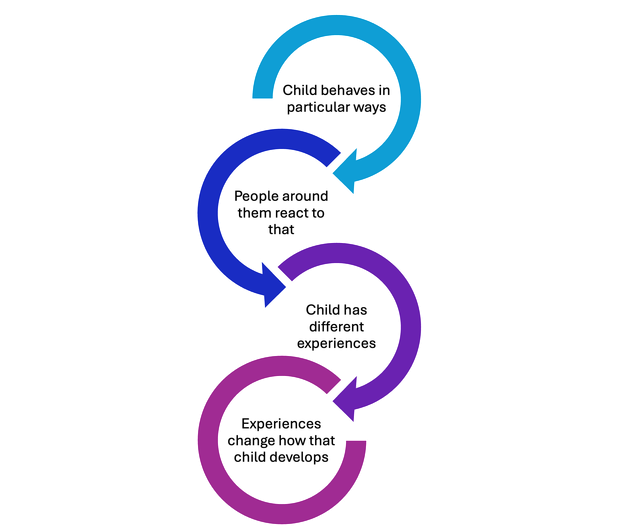


We all respond to the world around us in different ways. This can be seen in our emotions and behaviour. Often, those responses are helpful – it’s useful to fear stepping out into the road when the cars are going by, for example. Emotions can alert us to a problem in our environment.
Sometimes emotional responses go beyond what is helpful and become a problem in themselves. People start to feel anxious all the time, even when there isn’t anything to be afraid of. Sometimes the things that we do in order to feel better – like drinking, or isolating ourselves – can make problems worse. We get stuck, because the things we are doing to try to feel better end up making the situation more complicated.
Mental health professionals define something as a mental health problem when it causes a problem for a person and stops them being able to live their life in the way that they want. Emotions and behaviour are seen as symptoms of the mental health problem. This can include unusual experiences such as hearing voices or paranoid thinking.
The issues which are defined as mental health problems include anxiety, depression, phobias, post-traumatic stress disorder (PTSD), obsessive compulsive disorder (OCD) and substance misuse. In our webinars about mental health problems, you’ll hear about evidence-based techniques to help you and your child get unstuck and to make the changes you or they want to make in their lives.
These webinars are not therapy and should not be used as a replacement for therapy. They are educational self-help webinars, using psychological theory to help you help yourself and your child.

No one thinks that they are spreading misinformation. For the most part, misinformation doesn’t spread maliciously. It spreads because people want to share something important they’ve discovered. It spreads because people hear something and it makes sense to them. It spreads because someone has a ‘lightbulb moment’ and they want to let the world know. It spreads because something is a good story or analogy. Misinformation mostly spreads in good faith. Here’s an example. There’s a story I’ve seen repeatedly on social media which goes like this.

I’ve often heard children told that their brains are ‘differently wired’ as a reason for why they struggle with things which other children find easier. It’s an easy metaphor to reach for, and it’s definitely better than telling them that it’s their fault or that they aren’t making enough effort.

Do they have autistic burnout or is it depression? AuDHD or just autism? Is their silence reactive or selective mutism? Is the reason they are so upset rejection sensitivity dysphoria? Who really knows?

Autism + Environment = Outcome – Dr Luke Beardon Yes…and Often, when a child is diagnosed with autism, it directs our attention onto them. We stop asking “What is happening?’ and instead start to identify all the things which they struggle with, or which they don’t do as well as other children.

I was working with a young autistic man who has just started college. He was deeply confused to be asked in one of his classes if he could tell everyone about autism and masking. He had no idea what it was. He didn’t mask and had never masked. He found it very hard to speak in front of other people and couldn’t answer the question at all.

I’m sometimes told that exposure therapy doesn’t work for autistic children and should never be used. I don’t agree, and I don’t think there’s any evidence to show that.

Many autistic children are anxious and it is hard to know how to help. Dr Naomi Fisher will help you understand and support your child.